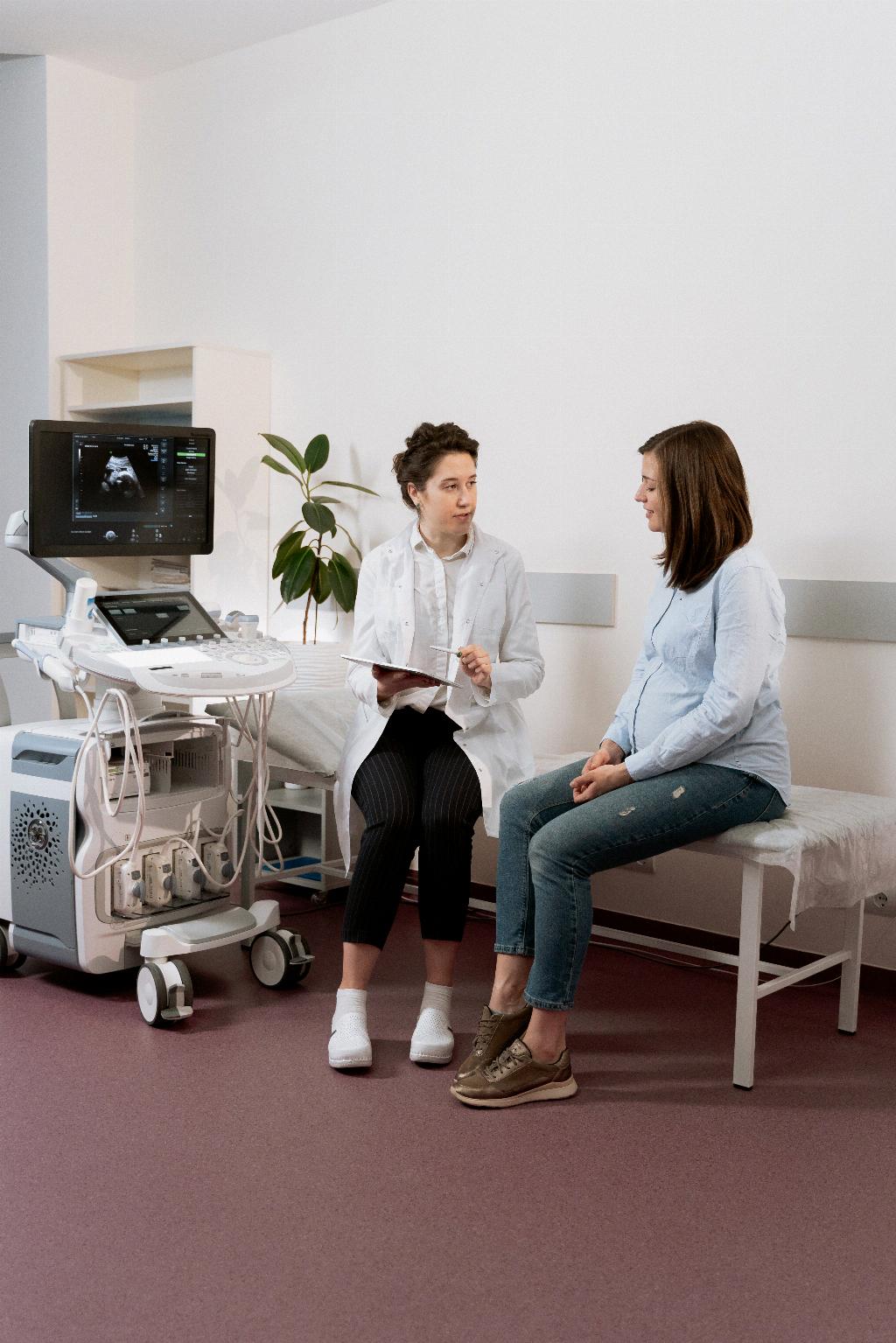Loose motion during pregnancy, also known as diarrhoea, is a common concern that many expectant mothers face. It can be uncomfortable and concerning, but there are ways to manage and prevent it effectively.
Dietary Approaches for Managing Loose Motion
One of the key ways to stop loose motion during pregnancy is through your diet. Consuming a diet that is high in fibre, including fruits, vegetables, and whole grains, can help promote healthy bowel movements and regulate digestion.
The Importance of Hydration
Staying hydrated is crucial in preventing dehydration, especially when experiencing loose motion. It is recommended to drink plenty of water and other fluids throughout the day to maintain your body’s electrolyte balance and support gut health.
Avoid Trigger Foods
Avoiding trigger foods that may exacerbate loose motion is essential. These foods can include spicy foods, high-fat foods, caffeine, and alcohol. By identifying and avoiding these triggers, you can help alleviate symptoms of diarrhoea.
Medication Considerations
It’s important to be mindful of any medications you are taking during pregnancy that may cause diarrhoea as a side effect. If possible, consult with your healthcare provider to explore alternative medications or strategies to manage your condition.
Natural Remedies to Consider
There are several natural remedies that may help stop loose motion during pregnancy. These can include consuming probiotic-rich foods, such as yogurt, and herbal teas like chamomile or ginger tea, which can help soothe the digestive system.
Rest and Relaxation
Stress and anxiety can contribute to digestive issues, including loose motion. Prioritizing rest and relaxation, practicing deep breathing exercises, and engaging in gentle activities like prenatal yoga can help reduce stress levels and support overall gut health.
Consult Your Healthcare Provider
If you are experiencing persistent or severe loose motion during pregnancy, it is important to seek guidance from your healthcare provider. They can perform a thorough evaluation, offer personalized recommendations, and ensure the safety and well-being of you and your baby.
Monitoring Your Symptoms
Keeping track of your symptoms and identifying any patterns or triggers can be beneficial in managing loose motion during pregnancy. Consider maintaining a symptom journal to track your diet, activities, and any changes in your condition.
Staying Active
Gentle physical activity, such as walking or swimming, can help promote healthy digestion and relieve symptoms of loose motion. Staying active during pregnancy can also support overall well-being and aid in maintaining a healthy weight.
Mindful Eating Habits
Practicing mindful eating habits, such as chewing food slowly, avoiding overeating, and having regular, balanced meals, can support healthy digestion and prevent loose motion. Paying attention to your body’s cues and eating in a calm environment can make a significant difference.
Final Thoughts
In conclusion, stopping loose motion during pregnancy involves a holistic approach that includes dietary modifications, hydration, stress management, natural remedies, and consulting with your healthcare provider. By taking proactive steps and being mindful of your body’s needs, you can effectively manage and alleviate symptoms of diarrhoea during this special time.

